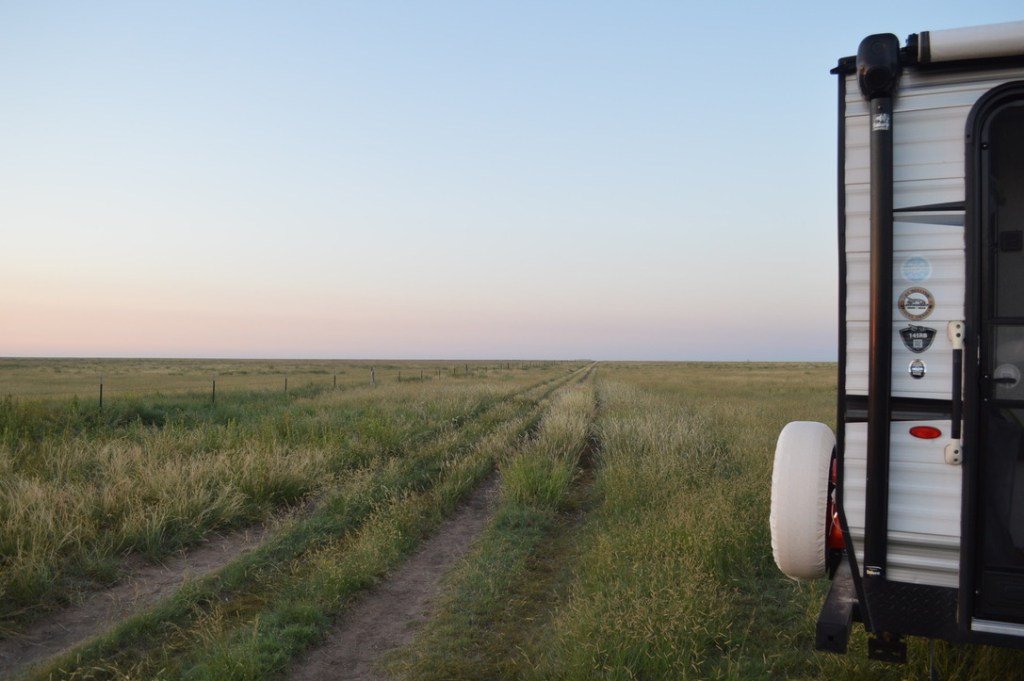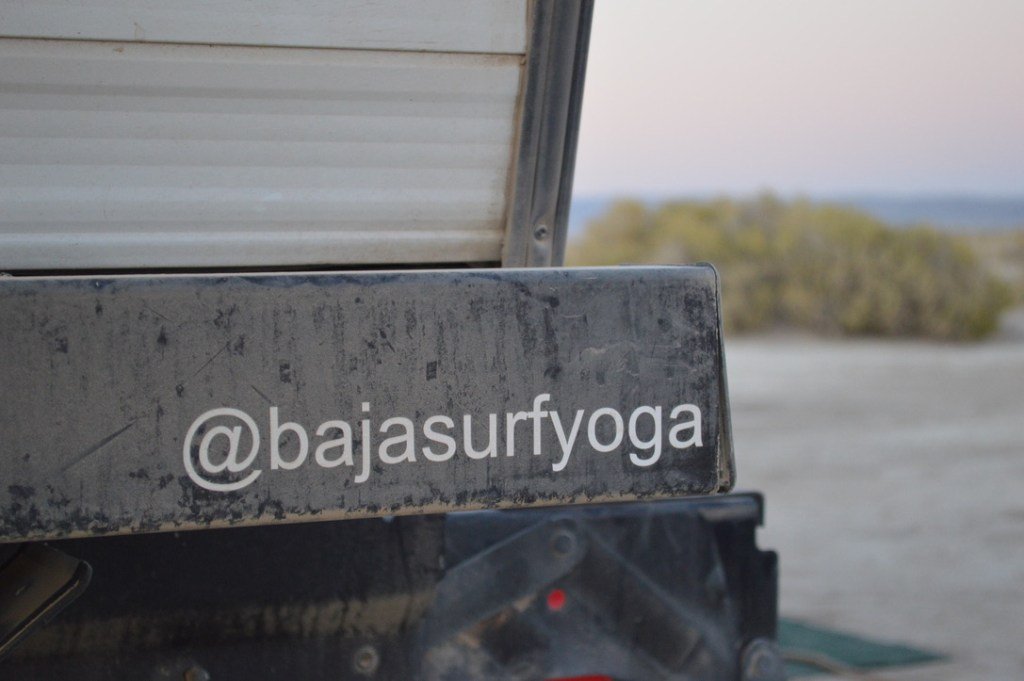RV Life: The Maiden Voyage
/We're back from our maiden voyage, and after 5,000 miles we discovered RV life was both harder and far more wonderful than we imagined it would be. Isn't that how most things go? Here's what we learned and what we loved...
French Creek, Medicine Bow Wilderness, Wyoming
RV Life Requires Money
As you may have learned from our last post, there's nothing cheap about the RV life. We bought ours used to save money but quickly spent more than we bargained for to get our travel trailer boondocking ready. We spent a lot on our tow-vehicle too, all to avoid the huge expense of a very big truck. Turns out, there was more to come.
Here's a list of just some of the unexpected financial hits we took along the trip:
$$$ By the first stopover, we discovered our tow vehicle needed a lot of work done if she was going to comfortably pull an extra 3500 pounds in the late summer heat.
$$ By the third stopover we learned we needed a new brake on the trailer, and maybe someone had packed our ball bearings a little too tightly.
$ After a few glorious nights of boondocking for free in the National Forests, we pulled into a KOA in the midst of a freak storm to make use of full hookups, hot showers, and the chance to run our furnace all night. Camping with amenities is not cheap!
$$ Once we landed at our Washington State destination, we thought we'd take advantage of a real address and order a COVID-safe dinner via GrubHub. With all the extra charges, tips and delivery fees, we somehow paid $90 for a strip-mall Greek meal for 2.
$$$ Facing slight car issues on the way home, we decided to treat our engine to ethanol free gas. We paid $7/gallon just outside the Alvord Desert, where the proprietors take full advantage of their remote location.
Rita Blanca National Grasslands, Dalhart, Texas
RV Life Requires Time
You'll get nowhere fast in an RV, and that's a good thing. We gave ourselves about 10 days from Texas to the Pacific Northwest, and in hindsight it was too ambitious.
The best thing about RV life is wherever you go, you get to stop and stay. But 4 hours on Google maps becomes 9 hours on the road when your max speed is 60, you're hill-climbing at 45, and you have to frequently stop for gas (10 mpg!) and dog runs.
A typical day wasn't the walk in the park we wanted it to be. Here's what it looked like:
Wake up, let the dogs out, make dog breakfast
Make our breakfast, get dressed, pack up the RV
Hit the road with a destination in mind and a vague plan for a campsite
Pay attention to navigating while driving or pay attention to the driving
Pay attention to gas levels and distance to the next gas station
Research where to dump, and where to get more water
Pull over in a city park to make sandwiches for lunch and walk the dogs
Hope for cell service while driving again, to research the evening's campsite
Wander the National Forest looking for the best dispersed spot
Arrive at camp, let the dogs out, level and set-up the RV
Make dinner for the dogs, make dinner for us
Meditate, play scrabble, go to bed exhausted
Repeat
Needless to say, we quickly found out it was best to spend a minimum 2 nights at every place we stopped. Unfortunately, we didn't always have that choice. We did much better with this on the way home, covering the 2,500 miles in 15 days instead of 10. Still, we would have loved the option to extend our 15-day trip to 30.
Dusty bumper in the Alvord Desert, Steens Mountain Wilderness, Oregon
Spiritual Practice Matters
As always, it's far easier to sail through life with a solid spiritual practice at the helm. Here's what helped us, daily.
Mindfulness: Driving a trailer is a big deal. You'll have to check and double check everything always and you'll be tired. You have to pay attention to weather, the direction of the sun, how you'll get solar power in the morning, how much water is in your grey tank versus your fresh tank and how much juice remains in your batteries.
Patience: RV-ing is dirty, and it's very dirty with dogs. Especially if you have a beagle who loves to roll around in cow poop. Even without that misfortune, there will be dust and dirt everywhere, despite the fact you're sleeping "indoors." It will be in your trailer, your car, all your clothes and your fingernails, constantly.
Compassion: You'll find the perfect alone spot in the National Forest, and soon a diesel truck with a family of four kids, a generator, and a couple of OHVs will pull up and park within earshot. So you'll smile and shape shift and talk about dirt bikes, not politics.
Giving: The free dump stations will be closed for no good reason so you'll end up paying $20 cash to a middle-of-nowhere RV park just to empty your black tank and fill up with 5 gallons of water. If you thought stay-at-home orders were tight, you'll learn to share an even smaller space with a spouse and two dogs.
Letting Go: You'll plan to see Montana and more of Wyoming, but a freak forecast of 10 degrees will require you to change plans. You'll become attached to a perfect campsite, and it'll be full when you arrive. You'll learn to make plans, but go with the flow.
Nightfall in the Rita Blanca National Grasslands, Texas
It's All Perfect
Life on the road was a bit exhausting, but a fantastic experience at the same time, and one we're ready to get back to as soon as possible. Through the back roads of the United States we learned so much about the beauty of America's public lands, her National Forests and National Grasslands.
The United States is a complex landscape. We moved through desert flats to thickly wooded forest, across expansive plains and over mountain switchbacks. All of it was perfect.
In the end, we decided we're not giving up on RV life, but neither will we be taking her down to Baja (yet). But hey, you too can experience the open road and the freedom of sleeping in the woods for free.





